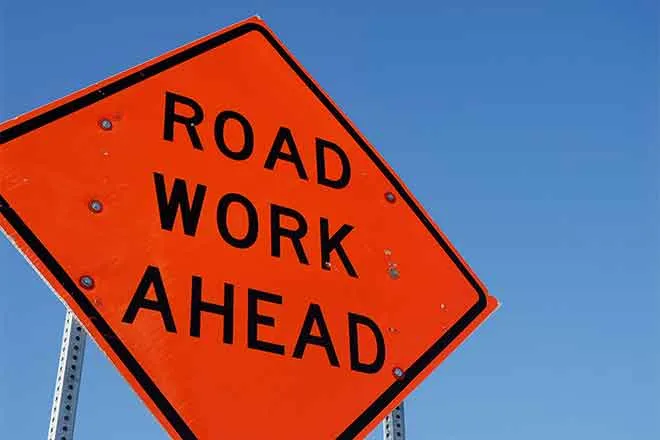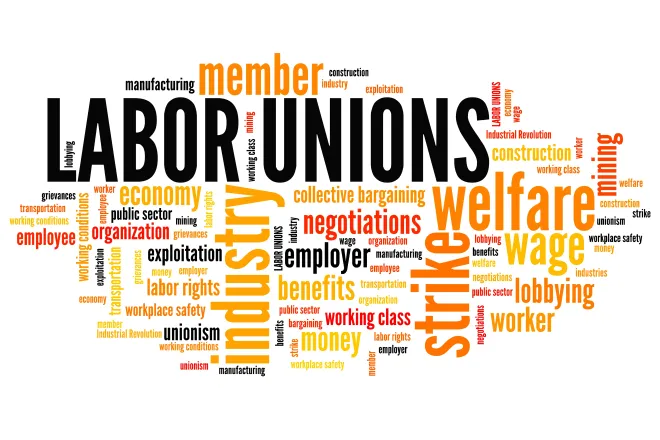
CARES Act loan forbearance program could negatively impact mortgage industry
The Federal Reserve and the mortgage banking industry are hashing out details about how to allocate $454 million to help cover the fallout of the loan forbearance clause of the CARES Act. The amount is a drop in the bucket compared to the fallout of millions of people unable to pay their mortgages due to losing their income as a result of the economic shutdown caused by the coronavirus quarantine.
With more people filing for unemployment, losing their jobs and businesses closing, millions of individuals and families are facing the possibility of not being able to make their mortgage payments.
“With the passage of the CARES Act, we continue to urge the Federal Reserve and U.S. Treasury to create a financing program to help any residential and commercial/multifamily mortgage servicer who will need assistance in order to provide unprecedented levels of mortgage payment forbearance required under the legislation to help families with COVID-19-related hardships,” Bob Broeksmit, president and CEO of the Mortgage Bankers Association, said in a statement.
Ginnie Mae intends to create a lending facility due to the effects and impact of the COVID-19 pandemic. Fannie Mae and Freddie Mac also are expected to roll out new mortgage-payment deferral options for homeowners facing financial trouble.
Mortgage forbearance allows borrowers to temporarily pay a lower rate or pause payments; it is not loan forgiveness, meaning the loan must still be paid. Loan servicers are responsible for paying loans to the banks that hold residential loans for individuals. When the borrowers can’t pay, they are still on the hook for the loan payment due to the bank holding the loan.
Big banks may be able to weather the storm during the COVID-19 shutdown but given the liquid nature of their business, non-depository lenders – PennyMac, New American Funding, and Veterans United, among others, could be in trouble given their limited liquidity, analysts note.
Depending on the duration of the crisis, non-depository lenders will not have the liquidity to advance mortgage payments at the high rate that will be necessary – backtracking relief efforts and requiring further government intervention.
“When Congress passed the CARES Act, it did so without either fully considering the risks it created in the housing market or consulting with the firms that would have to implement and step in on the borrowers’ behalf to advance forborne payments,” Jonathan Rosner at Graham Fisher said.
“Specifically, in an effort to support consumers, the Act created an opportunity for millions of borrowers to stop paying their mortgage loans as long as they claim to have been economically impacted as a direct or indirect result of the Covid-19 crisis,” Rosner added. “The Act does not require any proof be furnished, and in fact, prohibits mortgage servicers from asking for any proof of such an economic hardship. This forbearance program creates further bifurcation in borrower outcomes as it applies to loans backed by the Federal Housing Authority Loans and the Government Sponsored Enterprises and it does not provide forbearance to borrowers whose loans are issued and owned by private lenders.”
Rosner argues the legislation created several larger risks, when combined with Federal Reserve activities they “have already threatened the mortgage industry, the mortgage market, the housing market and, therefore, the broader economy.”
Unless regulatory adjustments are made, this legislation will result in significant losses, he said.
Lenders are proactively offering to help borrowers in trouble by providing hardship forbearance options, and cities and states have taken measures to halt evictions and foreclosures. The Department of Housing and Urban Development has also suspended all foreclosures and evictions until further notice.
According to Bankrate.com, some lenders already provided information regarding loan forbearance programs.
Ally Bank is deferring payments for up to 120 days for homeowners who are facing financial hardship due to an interruption in income.
“During this time, interest will accrue, but you won’t be charged any late fees or have impacts to your credit,” Ally Bank said in a statement. Borrowers with questions can call a toll-free line, 1-866-401-4742.
Bank of America is offering Home Loans Special Payment Forbearance and auto loan extensions to assist clients.
Quicken Loans says it is following the guidelines outlined by Fannie Mae, Freddie Mac and Ginnie Mae to provide forbearance relief to clients impacted by COVID-19. It said in a statement that it is “urging policymakers at the federal, state and local levels to act now to present options that allow mortgage servicers to help homeowners whose cash flow may be impaired by this unprecedented crisis.”
TD Bank financial relief options are available upon request and include fee waivers, early access to Certificates of Deposit and payment extensions. TD Bank customers concerned about their mortgage or home equity loan payments can call a toll-free number, 1-800-742-2651.
Wells Fargo is making specialists available to discuss options for their consumer lending, small business and deposit products.
















